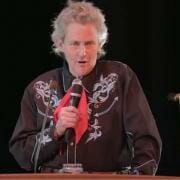
2017 Public Lecture Series
May 4 - 6, 2017
Carl Safina, Ph.D., Dr. Temple Grandin, Marc Bekoff, Ph.D., Wayne Pacelle
In May of 2017, the Center for Zoo and Aquarium Animal Welfare and Ethics hosted four public lectures featuring world-renowned experts in animal welfare and conservation. The lectures were held in conjunction with the Center’s 4th fourth International Animal Welfare Congress, hosted jointly with the World Association of Zoos and Aquariums.
More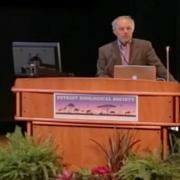
International Animal Welfare Congress 2017
May 4 - 6, 2017
Zoos and Aquariums as Welfare Centres: Ethical Dimensions and Global Commitment
The Center for Zoo and Aquarium Animal Welfare and Ethics co-hosted the 4th International Animal Welfare Congress with the World Association of Zoos and Aquariums. The three-day congress convened 140 of the world’s leaders in animal welfare, representing accredited zoos and aquariums, regional accrediting associations, academia and animal welfare protection organization, to discuss issues of ethics and the future of zoos and aquariums.
More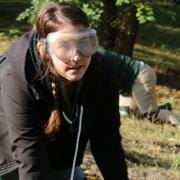
Animal Welfare Workshop
June 10 - 10, 2016
Animal Welfare Workshop Overview
The Center for Zoo and Aquarium Animal Welfare and Ethics annually holds a five-day immersive workshop, which attracts animal care staff from all over the world. Titled “From Good Care to Great Welfare”, the workshop is designed to help participants better understand animals’ perspectives and experiences, address the challenges captivity imposes on animal welfare, and develop the skills necessary to assess and improve animals’ overall well-being.
More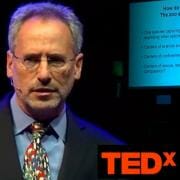
Animal Welfare and the Future of Zoos
November 30 - 30, 2015
Ron Kagan at TEDx Oakland University
Detroit Zoological Society Executive Director Ron Kagan shared a view of the future that includes a different relationship between human and non-human animals. Zoos will demonstrate a fundamental commitment to being “patient-centered” – ensuring a great quality of life for every single animal in a zoo.
More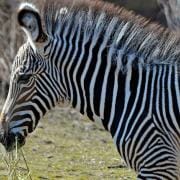
2014 Symposium
November 21 - 22, 2014
Advancing Animal Welfare Science and Policy Symposium
The Center for Zoo and Aquarium Animal Welfare and Ethics brought together leaders in zoos, animal welfare, and conservation to discuss advances in animal welfare science and policy. This two-day event featured presentations and panel discussions on topics ranging from compassionate conservation to the role of leaders in advancing animal welfare.
More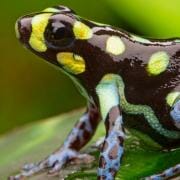
2011 Symposium
August 7 - 8, 2011
From Good Care to Great Welfare Symposium
The Center for Zoo and Aquarium Animal Welfare and Ethics hosted a two-day symposium featuring presentations, posters and panels focusing on four primary topic areas, including understanding and bridging the gap between providing good care and ensuring great welfare; understanding the impacts of – and compensating for – captivity; multidisciplinary approaches and assessment techniques to better understand and enhance zoo animal welfare; welfare of “non-charismatic” vertebrates – birds, reptiles, amphibians and fish.
More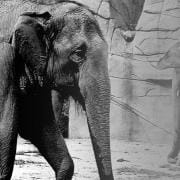
Documentary
January 1 - 2, 2011
From Animal Showboat to Animal Lifeboat
A documentary narrated by James Earl Jones about animal welfare takes an inside look at the lives of animals in the entertainment industry.
More
The Importance of Animal Welfare
December 17 - 17, 2019
Ron Kagan on Animal Welfare
Detroit Zoological Society CEO and Executive Director Ron Kagan discusses the importance of animal welfare and ensuring that animals in captivity are thriving.
More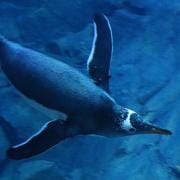
Penguin Welfare Project
December 17 - 17, 2019
Dr. Stephanie Allard at the Polk Penguin Conservation Center
Dr. Stephanie Allard, director of animal welfare for the Detroit Zoological Society, discusses the Center for Zoo and Aquarium Animal Welfare and Ethic’s penguin research project, which aims to better understand what is meaningful for a penguin. This two-year project involves research in two different habitats at the Detroit Zoo – the Penguinarium, built in 1968, and the new Polk Penguin Conservation Center, which opened in April 2016.
More

